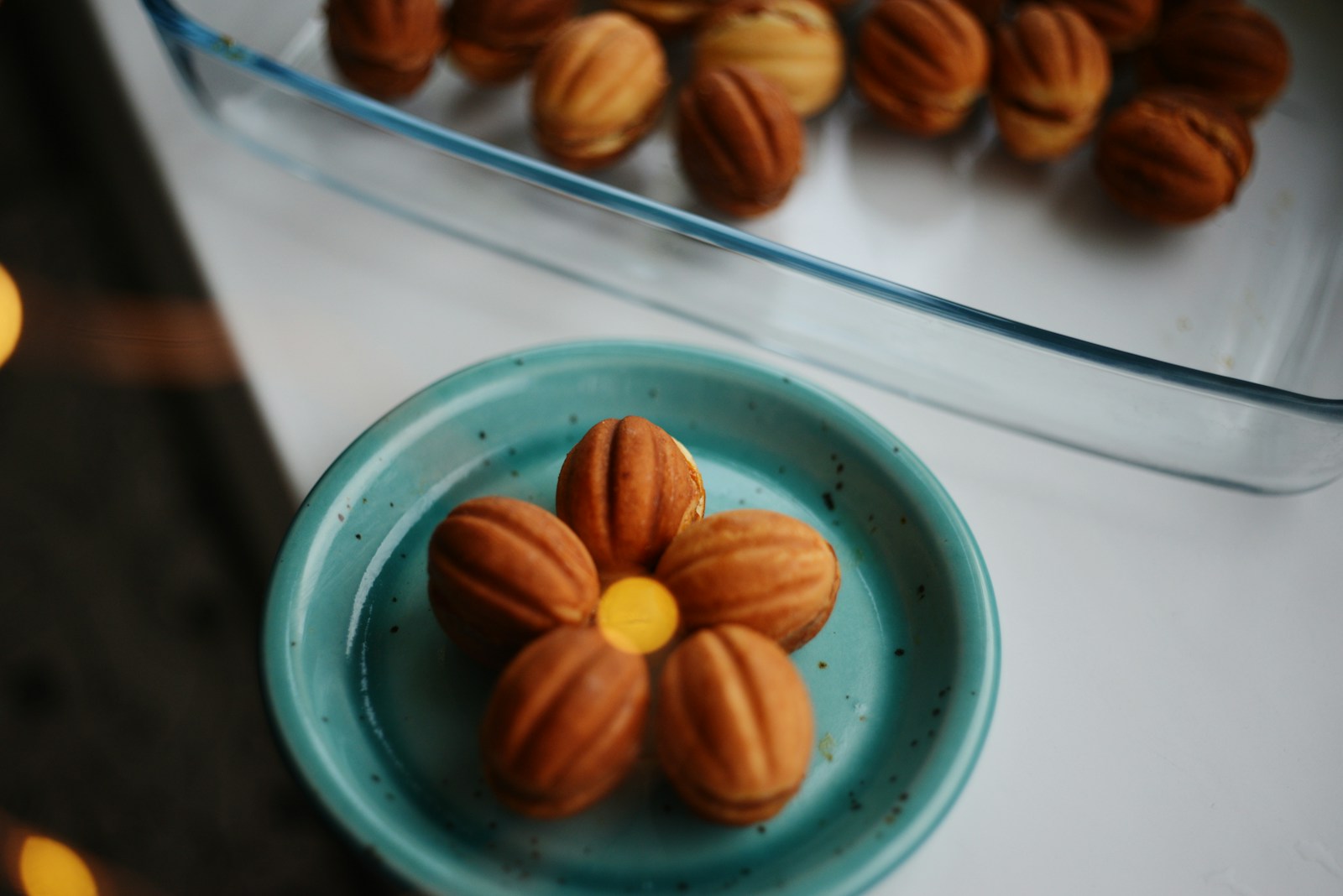
dulces

sweets
Dulces is the Spanish term for sweets or candy, something many children enjoy eating.
Example sentences using: dulces
Yo quiero comer dulces

I want to eat sweets
This sentence is useful for expressing your desire to eat sweets in Spanish. 'Yo' means 'I', 'quiero' means 'want', 'comer' means 'eat', and 'dulces' is 'sweets' in English.
Los dulces son malos para los dientes

Sweets are bad for the teeth
This is a common phrase to describe the relation of sweets with dental health. 'Los' is plural 'the', 'son' means 'are', 'malos' means 'bad', 'para' means 'for', and 'los dientes' means 'the teeth'.
Ella hace dulces para vender

She makes sweets to sell
This sentence describes a person's action of making sweets for selling. 'Ella' means 'she', 'hace' means 'makes', 'para' means 'to', and 'vender' means 'sell'.
Me encanta los dulces de chocolate

I love chocolate sweets
This phrase expresses one's love for chocolate sweets in Spanish. 'Me encanta' means 'I love', and 'de chocolate' means 'of chocolate' or 'chocolate'.
Los dulces están en la mesa

The sweets are on the table
This is useful to express the location of something, in this case, sweets. 'Están' means 'are', 'en' means 'on', and 'la mesa' means 'the table'.
El niño pide más dulces

The boy asks for more sweets
This sentence gives an example of asking for something in Spanish. 'El niño' means 'the boy', 'pide' is 'asks', 'más' means 'more'.
Prefiero dulces que salados

I prefer sweet over salty
This is useful for expressing preferences in Spanish. 'Prefiero' means 'I prefer', 'que' is 'over' or 'than', 'salados' is 'salty'.
Mis dulces favoritos son los caramelos

My favorite sweets are candies
This phrase is used to express one's favorites in Spanish. 'Mis' means 'my', 'favoritos' means 'favorite', 'son' means 'are', 'los caramelos' are 'the candies'.
Estos dulces son muy dulces

These sweets are very sweet
This sentence uses the adjective 'dulce' (sweet) to describe the candies. 'Estos' means 'these', 'son' means 'are', 'muy' means 'very'.
Los abuelos compraron dulces para los niños

The grandparents bought sweets for the children
This is a sentence to describe the action of buying in Spanish. 'Los abuelos' means 'the grandparents', 'compraron' means 'bought', 'para' means 'for', 'los niños' are 'the children'.